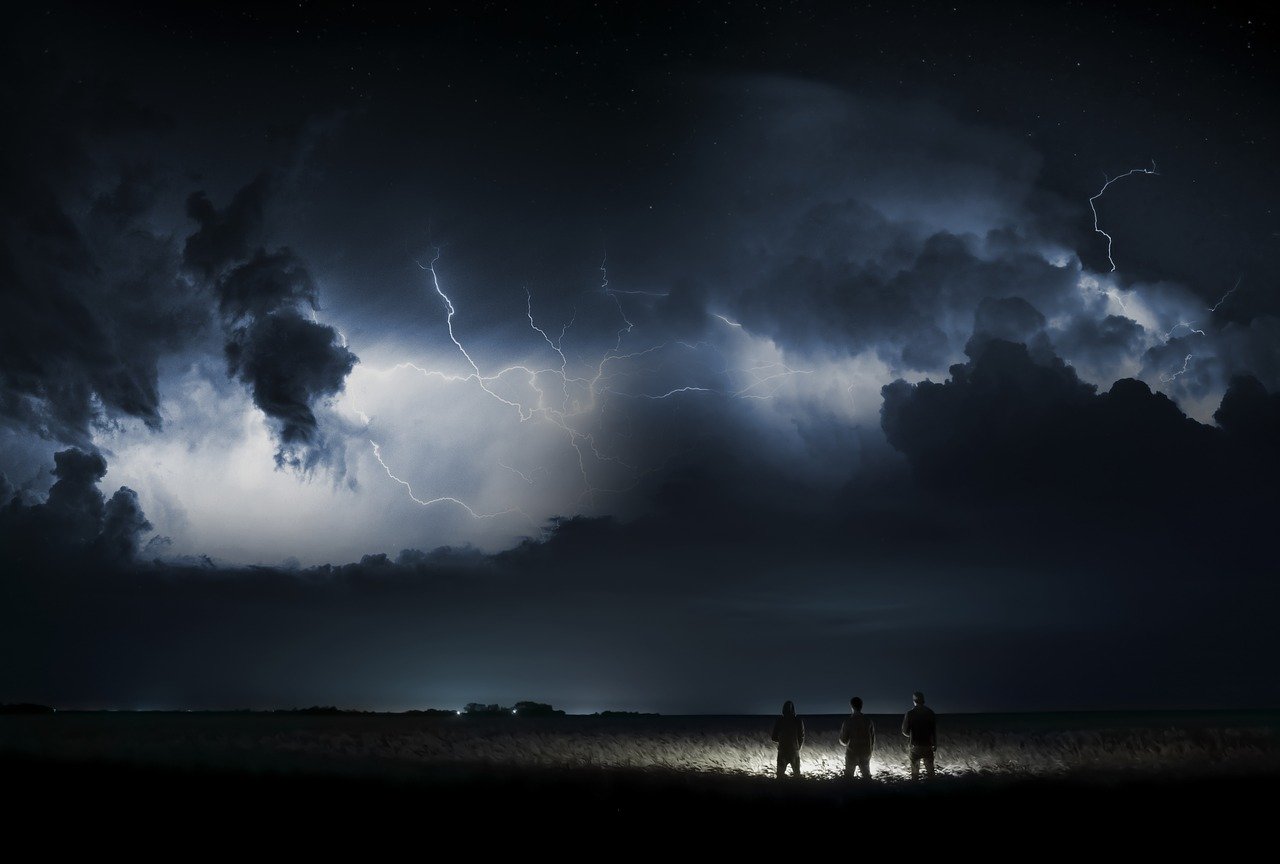Here are my notes / main takeaways from today’s Comic-con at home panel about “the best advice I ever got” with host Tricia Narwani, and panelists / authors: Sarah Kuhn, Micaiah Johnson, Alexist Henderson, Josh Malerman, and Kevin Hearne:
Advice they’ve received:
- Try not to write the parts that you yourself want to skip. This will help with the rhythm and pace of the story. (Kevin)
- Take any advice that works for you, and scrap the rest
- Ignore grand proclamations such as “if you don’t write every day, you’re not a writer.” (Kevin)
- How you get it done does not matter, getting it done matters.
- Consider the source giving you the advice before taking it. (Sarah)
- Have trusted people in your life that you can rely on for advice
- Kevin – would submit his paragraphs for alpha reading to his friend who thinks completely differently than him to get a new perspective.
- Micaiah – some of the best people to rely on are not writing the same stuff as you. Different fields and sophistications provide different perspective.
- Sarah – Varies from project to project, but writing groups containing different types of writers can be helpful to get different perspectives. Not specifically for critique, but for support, beta readers, or helping “break” a story to make it better. Seek out individuals within the genre that you are writing to and talk to them and get advice to make the characters more real.
- Alexis – Find someone who is a straight shooter, that is kind and encouraging, but not afraid to tell you the truth, to push you to make your work the best it can be.
- What advice would veterans give debut authors
- Josh – Be patient on the business/editing / release side of things. A book that is written today may not come out for two years. Start writing another book while you wait, it is okay for your releases to be different than they once were.
- Sarah – enjoy as much of the process as you can. You are not defined by your first book, but your debut novel is special. “Appreciate the moments you can stop and remember that you did a thing that you wanted to do, that other people maybe thought you couldn’t do.”
- Kevin – Every high you get to experience in publishing, savor the heck out of it because they arrive sporadically. Record it for yourself so you can remember them because not every day will be a super high.
- Advice for writers getting started, or looking to publish
- Micaiah – No one’s vision for success has to be the same as yours.
- Alexis – Create a space in your life for the writing – literal or physical. In college she pulled out the desk she homeschooled in for her whole life, and painted it, and everything changed for her and that is where she wrote her debut book.
- Which rules do you like to break:
- Never use adverbs, or overuse dialogue tags
- Kevin – Take what you need that works for you and leave the rest. Ignore blanket generalizations, there are always exceptions to the rule.
 Josh – Tries to break the rule that each chapter should ramp up each time. Sometimes a quiet portion in a horror novel can be the scariest, and also break the escalation rule. Escalation doesn’t just mean madness, franticness, violence, it can be the MC alone in the quiet.
Josh – Tries to break the rule that each chapter should ramp up each time. Sometimes a quiet portion in a horror novel can be the scariest, and also break the escalation rule. Escalation doesn’t just mean madness, franticness, violence, it can be the MC alone in the quiet.- Alexis – Likes to be eased into a story, doesn’t necessarily have to start with a bang.
- Josh / Alexis – Reading a horror story, you know you are reading horror and it is a character in itself. The longer the horror is off camera, or off stage, it builds anticipation. The slower beginning is possible because the reader has the dread and knows the horror is on its way.
- Micaiah – Never start a sentence with a conjunction – She’s never met a sentence she didn’t want to start with “And.” Always breaks the rule ‘You don’t need an epilogue or a prologue” – Fruitful exercises that come from rule-breaking and transgressions of the literary.
- Sarah – loves adverbs, prologues, slow horror beginnings. “Show don’t tell,” messed her up when she tried to write her first draft, there are differences that need to be explained that is not of this world. She got stuck in the chapter because she was trying to show and not tell but broke out of it because she was reading urban fantasy, etc. which do a wonderful job of telling things creatively. A world-building juxtaposition in a creative way.
- Josh – Joseph Conrad novels with allowing characters to tell the story and he loves that
- Authors they read:
- MK Johnson – Per Alexis: M K plays with language and story, never seen someone do what she does with words. Breaks rules, experiments with the conventions of genre.
- Helen Hoang – kiss quotient – Sarah can feel on the page how much empathy she feels for the characters. The author gets you to a place of understanding why.
- Victoria Dahl – romance writer who Kevin greatly admires and has learned about the building of inner conflict and drama inside people’s heads.
- Tony Morrison – Makes the reader comfortable with floundering that they don’t know, but know eventually they will understand eventually.
- Virgina Wolfe – Josh was able to see the gloom that he is attracted to in literature that still had an engine behind it. Wolfe showed in practice that although there are bleak themes and this gloom, there was an optimism/intention that propelled it. Melville, Poe – taught don’t be afraid to be enthusiastic, don’t try to be cool, be frantic, feel it.







Leave A Comment
You must be logged in to post a comment.